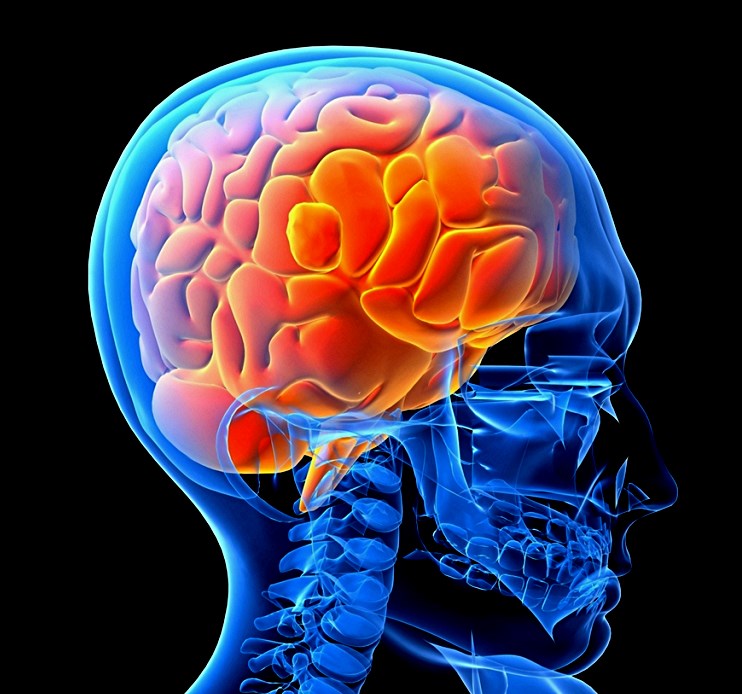
Jung Estate v Jung Estate 2022 BCSC 1298 reviewed the law on mental ( testamentary) capacity to make a will and found the will invalid.
The most frequently quoted test for testamentary capacity is the English decision of Banks v. Goodfellow (1870), L.R. 5 Q.B. 549 (Eng. Q.B.) at 567, which remains relevant today.
To prove that a will-maker had testamentary capacity, the proponent of the will must lead evidence that establishes that the will-maker:
a) understood the nature of the act of making a will and its effects;
b) understood the extent of the property of which he or she is disposing;
c) was able to comprehend and appreciate the claims to which he or she ought to give effect; and
d) had no disorder of the mind or insane delusion that influenced his or her making of the will.
Laszlo v Lawton 2013 BCSC 305 at para. 188; Halliday v haklliday Estate 2019 BCCA 554 at para. 26.
This test was restated in modern times in Schwartz v. Schwartz (1970), 10 D.L.R. (3d) 15 at 32 (Ont. C.A.) ,aff’d [1972] S.C.R. 150 [Schwartz] as the will-maker must be sufficiently clear in his or her understanding and memory to know, on their own: the nature and extent of their property; the persons who are the natural objects of their bounty; the testamentary provisions they are making; and they must be capable of appreciating those factors in relation to each other and forming an orderly desire as to the disposition of their property: Laszlo at para. 188.
While will-makers are not expected to know the composition of their estate assets and their respective values in an exact manner “with the metronomic precision of an accountant”, they must have an appreciation of the general nature of their assets and an understanding of their extent. An appreciation of the value of their assets, expressed either in terms of dollars or quantitatively, will suffice: Laszlo at paras. 242 – 249; Henderson v. Myler, 2021 BCSC 1649 at para. 107.
Testamentary capacity is neither a medical concept nor a diagnosis, but rather is a legal construct. While medical evidence may be relevant it is not conclusive in determining the existence of testamentary capacity at the critical times: Laszlo at para. 198; Halliday at para. 29. Whether a will-maker possessed testamentary capacity at the necessary times is a question of fact, to be determined from all of the circumstances: Laszlo at para. 197. A critical and meaningful analysis is required to determine testamentary capacity: Halliday at para. 29. The authorities establish that in assessing testamentary capacity, the evidence of the drafting solicitor, who took instructions and prepared the will, is often given considerable weight, particularly where that person is an experienced wills and estates lawyer: Benekritis v. Gilbert Estate, [1998] B.C.J. No. 171at paras. 41 – 43.
Testamentary capacity requires a “disposing mind and memory” which is described as “one able to comprehend, of its own initiative and volition, the essential elements of will-making, property, objects, just claims to consideration, revocation of existing disposition, and the like …”: Laszlo at para. 194, quoting from Leger v. Poirier, [1944] S.C.R. 152 at 161 [Leger]. Merely being able to provide rational responses is not sufficient or conclusive of capacity; rather, “there must be a power to hold the essential field of the mind in some degree of appreciation as a whole”: Leger at 162.
Bull Estate v. Bull, 2015 BCSC 136 at para. 114 [Bull] held that the test for testamentary capacity is not “overly onerous” and that the presence of cognitive deterioration may not preclude testamentary capacity. Testamentary capacity may be present even if the will-maker is incapable of managing other aspects of his or her life: Halliday at para. 28. However, a disposing mind and memory is “one able to comprehend, of its own initiative and volition, the essential elements of will making, property, objects, just claims to consideration, revoking dispositions and the like”: Moore v. Drummond, 2012 BCSC 1702 at para. 34, citing Leger at 161; Bull at para. 115.
A will-maker must have testamentary capacity when they give instructions for their will, and when they review and execute the will. However, as mental capacity can fluctuate, the case law permits a variation of the degree required at these two key times; for example, if a will-maker is competent to give instructions, but not competent at the time the will is executed, it may nonetheless be valid so long as at the time of execution the will-maker was capable of comprehending she was executing a will drawn in accordance with her prior instructions: Laszlo at para. 189.




